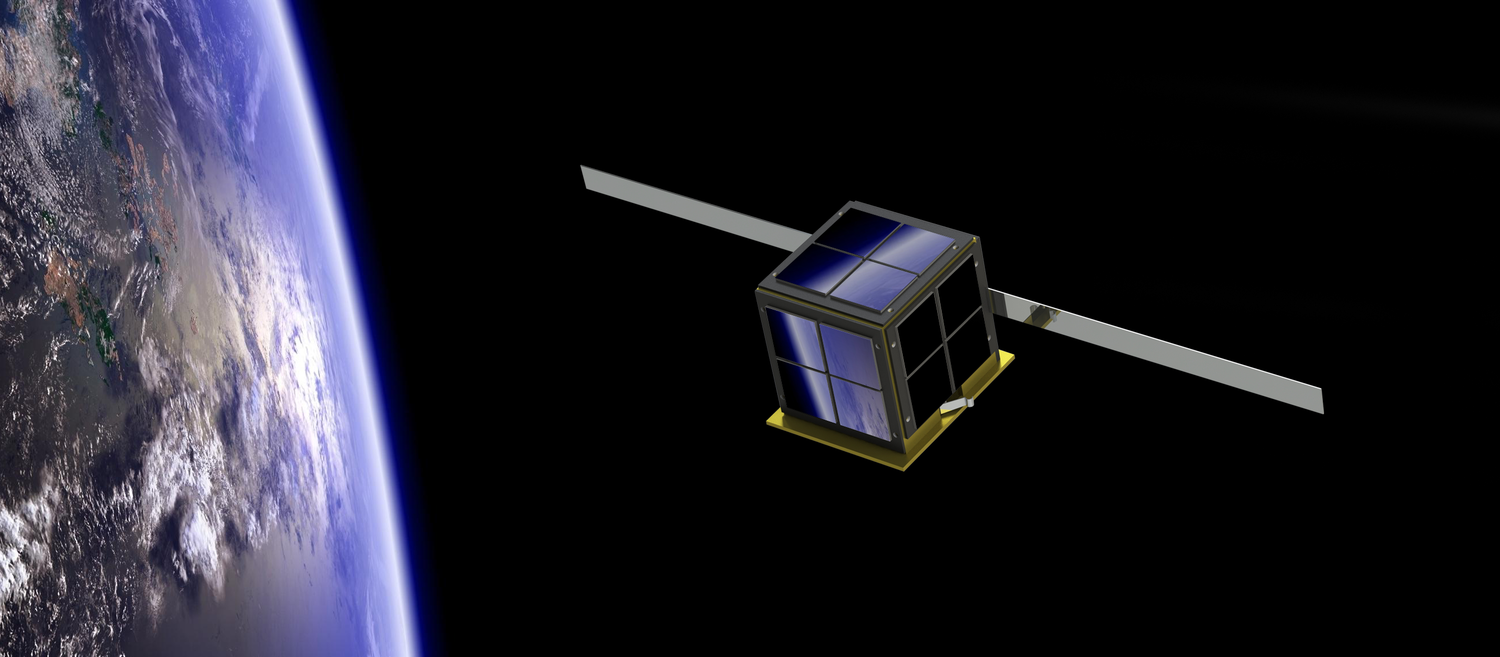Alba Orbital | PocketQube Shop
TWB tenants Alba Orbital (PocketQube Shop) talk to us about building satellites, what they can be used for and their thoughts on being based in Glasgow.
Hi there! Could you please introduce your company to everyone?
Alba Orbital (PocketQube Shop) is a start-up based in Glasgow that gives anyone the ability to build their own satellite. Traditionally satellites have been very expensive, with even the smallest commercial satellites like Cubesats costing six-figure amounts to build and launch. This means that experimenting with building a satellite, whether at school or as a hobby, is only possible to a select few. We are changing that by providing satellite DIY kits that allow you to build and launch a satellite for the price of a car.
Can you tell us a little about your company history and how it has reached the point it is at now?
The company was started by our CEO, Tom, in 2012, and back then he was thinking about using space burial, which is essentially sending cremated ashes into space. Although it was a great idea and generated a lot of traction, we ran into some regulatory issues with it. Tom at that point decided to pivot towards the DIY crowd, mainly educational establishments, to allow schools and universities without large budgets to teach about satellites and the electronics behind them, and eventually launch one. We started the components business in 2013 with a successful kickstarter campaign, and from then on we started growing organically. We secured a SMART award in 2014, and we recently secured a contract with the European Space Agency to launch our first PocketQube into space towards the end of the year.
What exactly is a PocketQube and what do can people do with them?
A PocketQube is the world’s smallest class of satellite. It is officially classed as a pico-satellite, and it weighs less than a kilogram. There is a lot you can do with a PocketQube, and this is mainly revolved around radio signals. This is because of the small size of the satellite, and so imagery is not possible, but radios are small and can easily fit into a PocketQube. With radios the uses are endless, with one interesting use being tracking various objects on the Earth’s surface.
Can you tell us a couple of interesting facts about satellites?
One very interesting fact that surprised me when I joined is that currently most satellites in orbit use technology that is more than 20 years old. This is because of how expensive satellites are, so technology gets tested for years, and then sent to space for more than 10 years. This is pretty much like having a 20-year-old computer. How bad would it be if you can update your laptop every 20 years. This is why new space and small satellites are exciting fields, because you can accelerate the technological advances in space by reducing their cost.
In general satellites are extremely expensive to buy and make but yours are by far much more affordable, why do you think it is important that satellites are more accessible to those with a smaller budget?
As mentioned previously, agile development, which is updating the tech quite frequently, is a main reason why satellites need to become smaller and cheaper. We also need affordable satellites for education to allow schools and universities without large budgets to teach about satellites and the electronics behind them. This is because we need a lot more people who grow up dreaming of space exploration and have the skills necessary to take the human race forward. Our plan with PocketQubes is to spark the curiosity of young people and get them interested in space again.
You have already shipped PocketQubes all over the world and the company has gained much interest internationally, what has kept you based here in Glasgow?
Glasgow is actually a great place to start a space business, and quickly becoming a european hub for space. It is also a great place for startups and networking since there is a large community of entrepreneurs and investors, as well as strong government support. It is this mixture of space and startup that keeps us here.
You have been based at The Whisky Bond for a while now, what do you like about being part of the building?
It is a very friendly and welcoming vibe here, and that’s what we really like. There are a lot of startups based here and everyone is eager to help, so quite often whenever we need advice about typical startup issues or investment intros, we just walk over to someone’s office who has already been through it. It also helps that it’s very close to the centre.
What does PocketQube shop have planned for 2016?
We are working on launching our first satellite, and we are also looking for investment to ramp up operations. We shall see what other exciting things the year holds.

